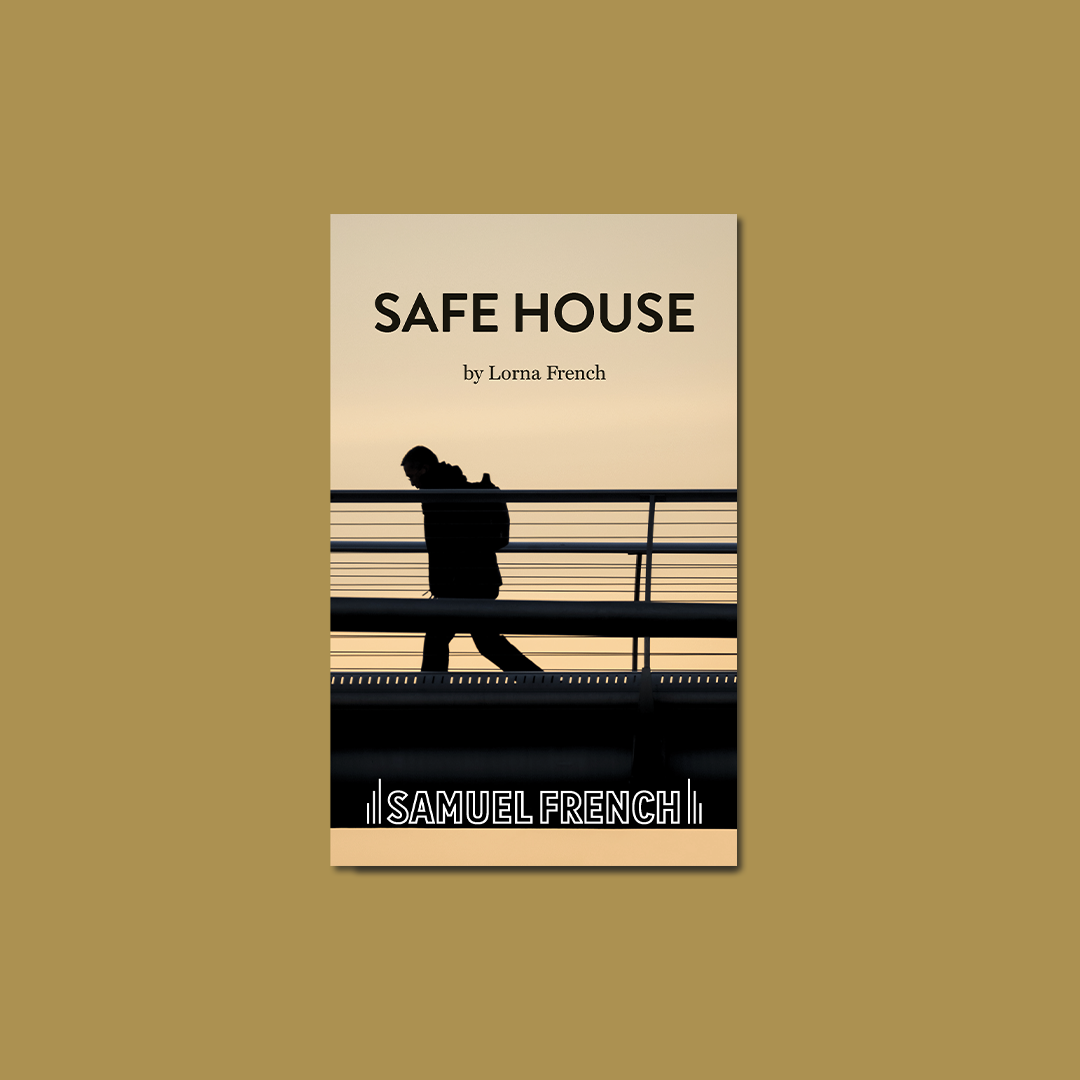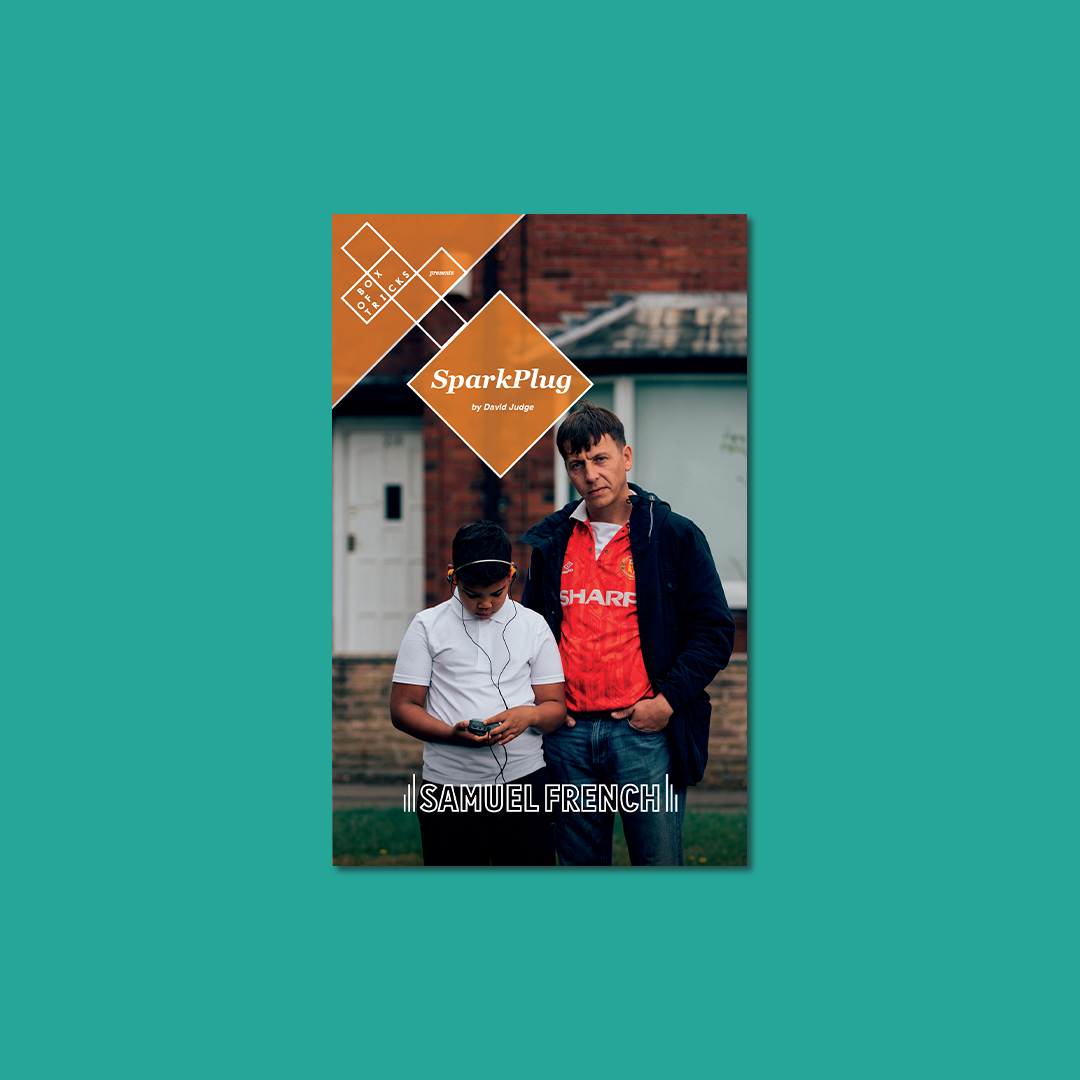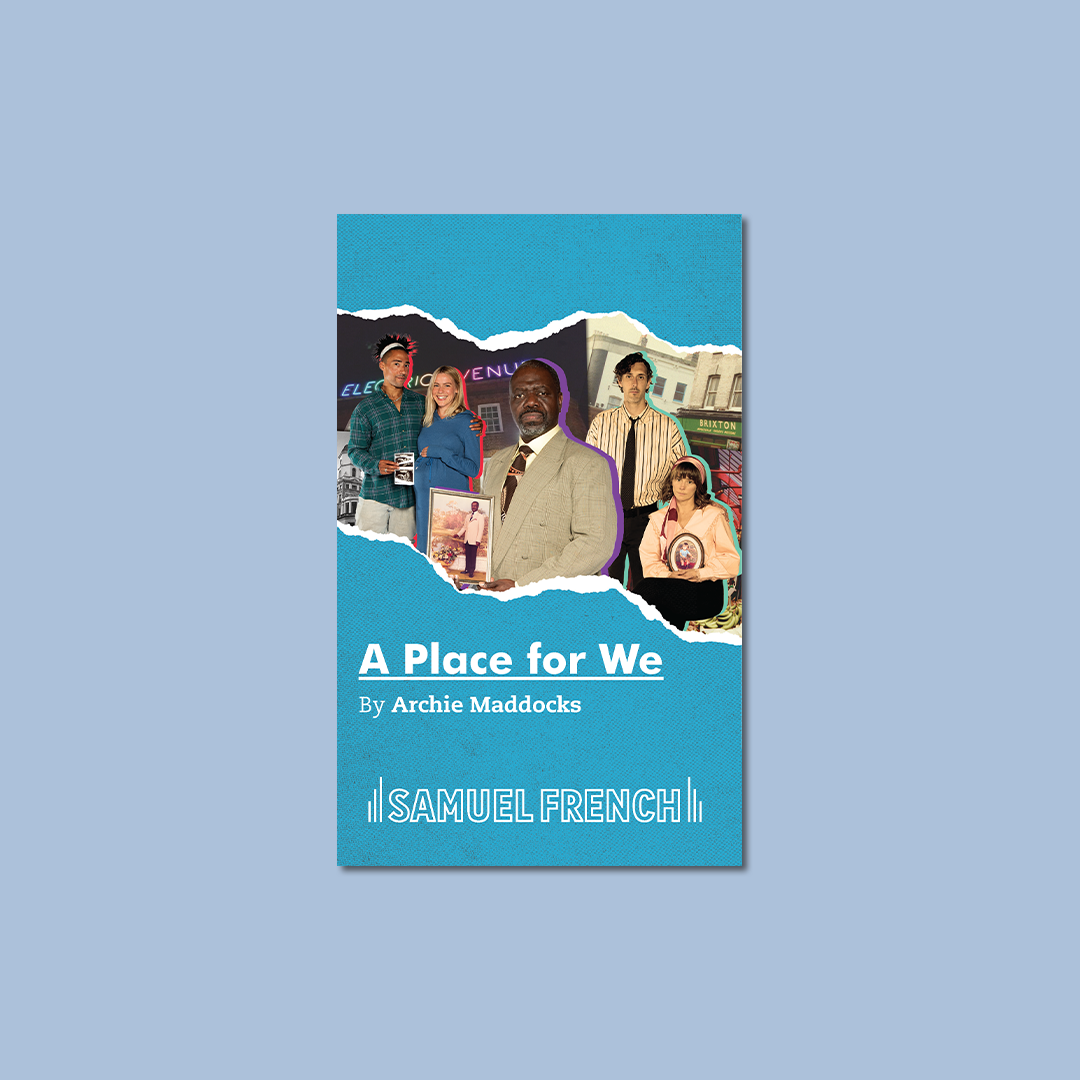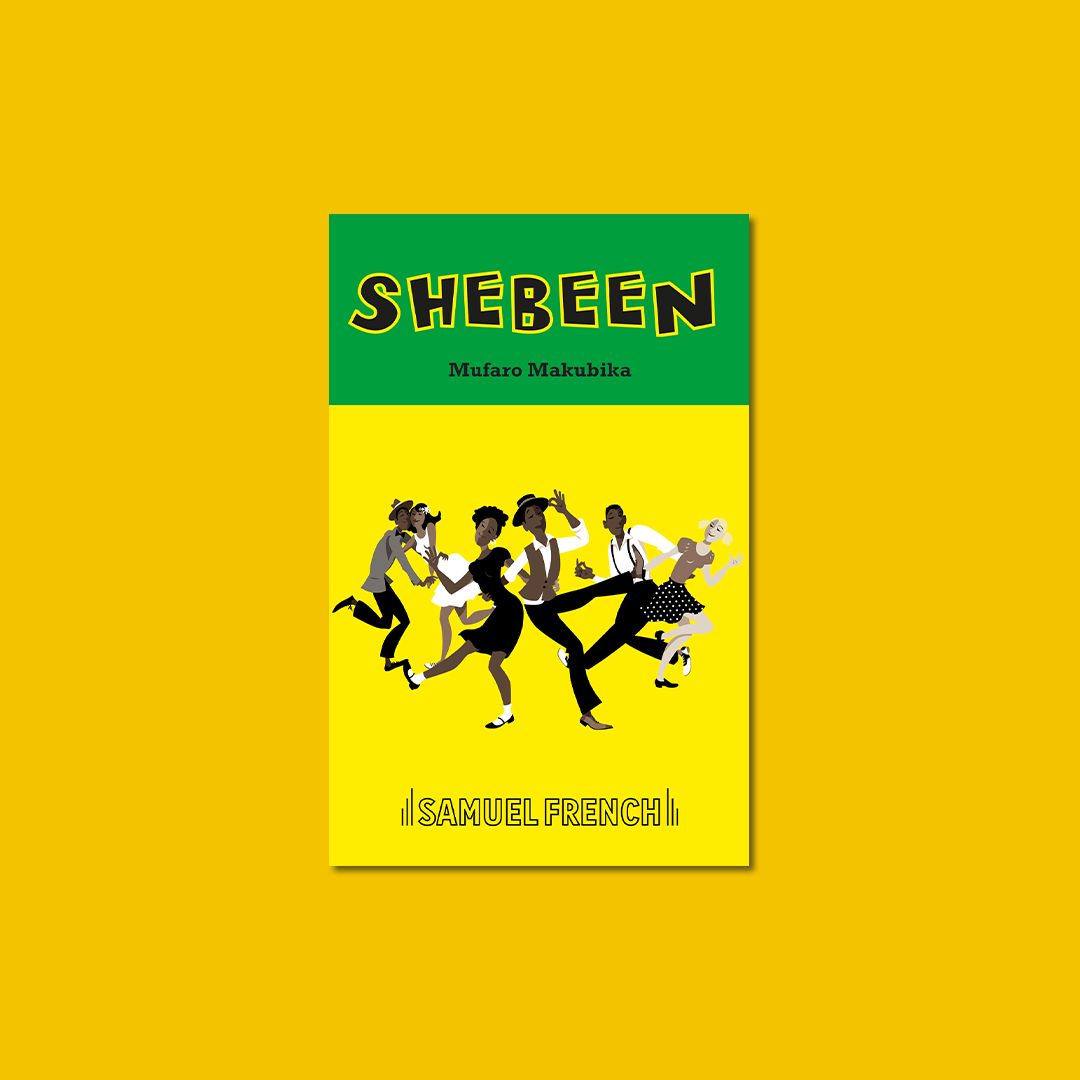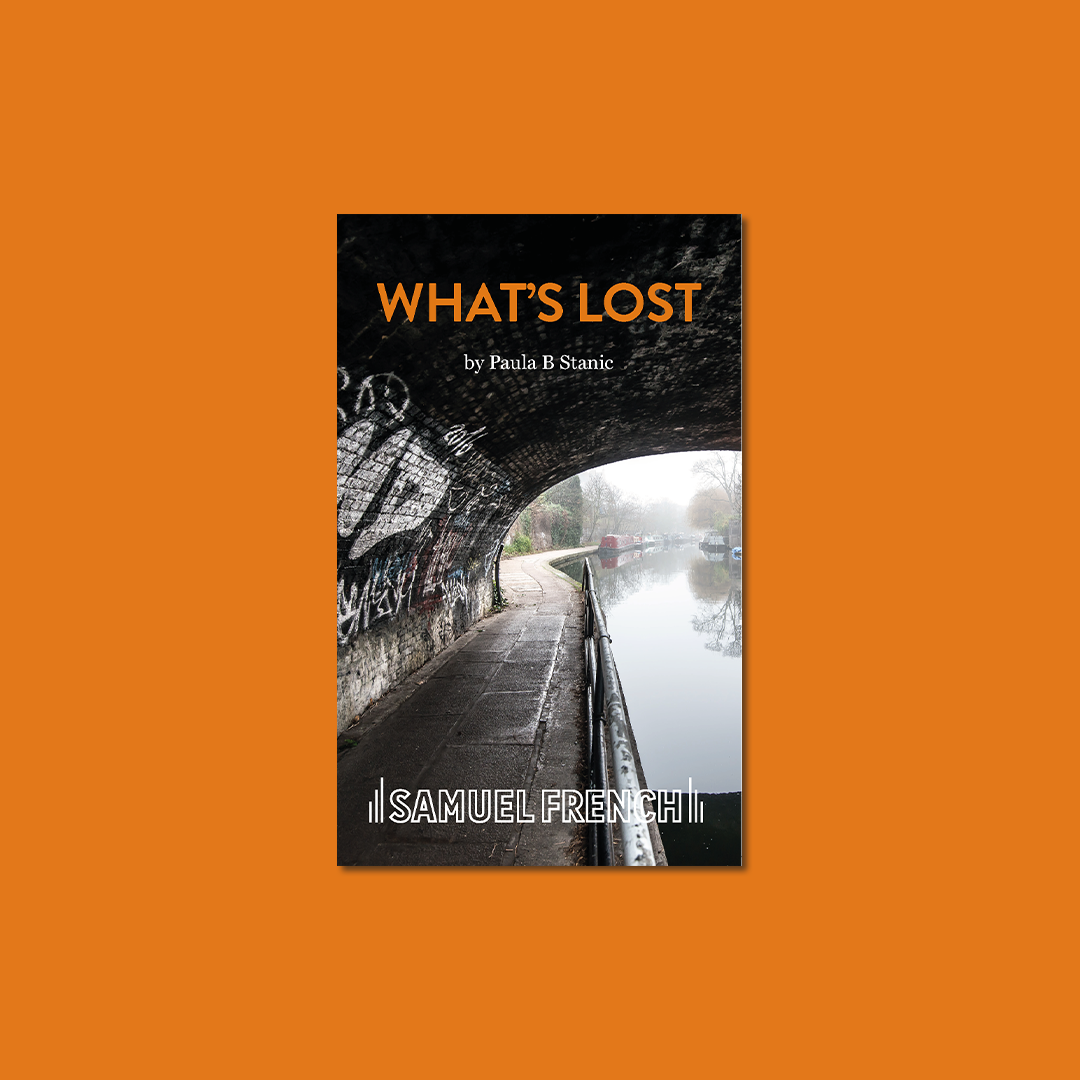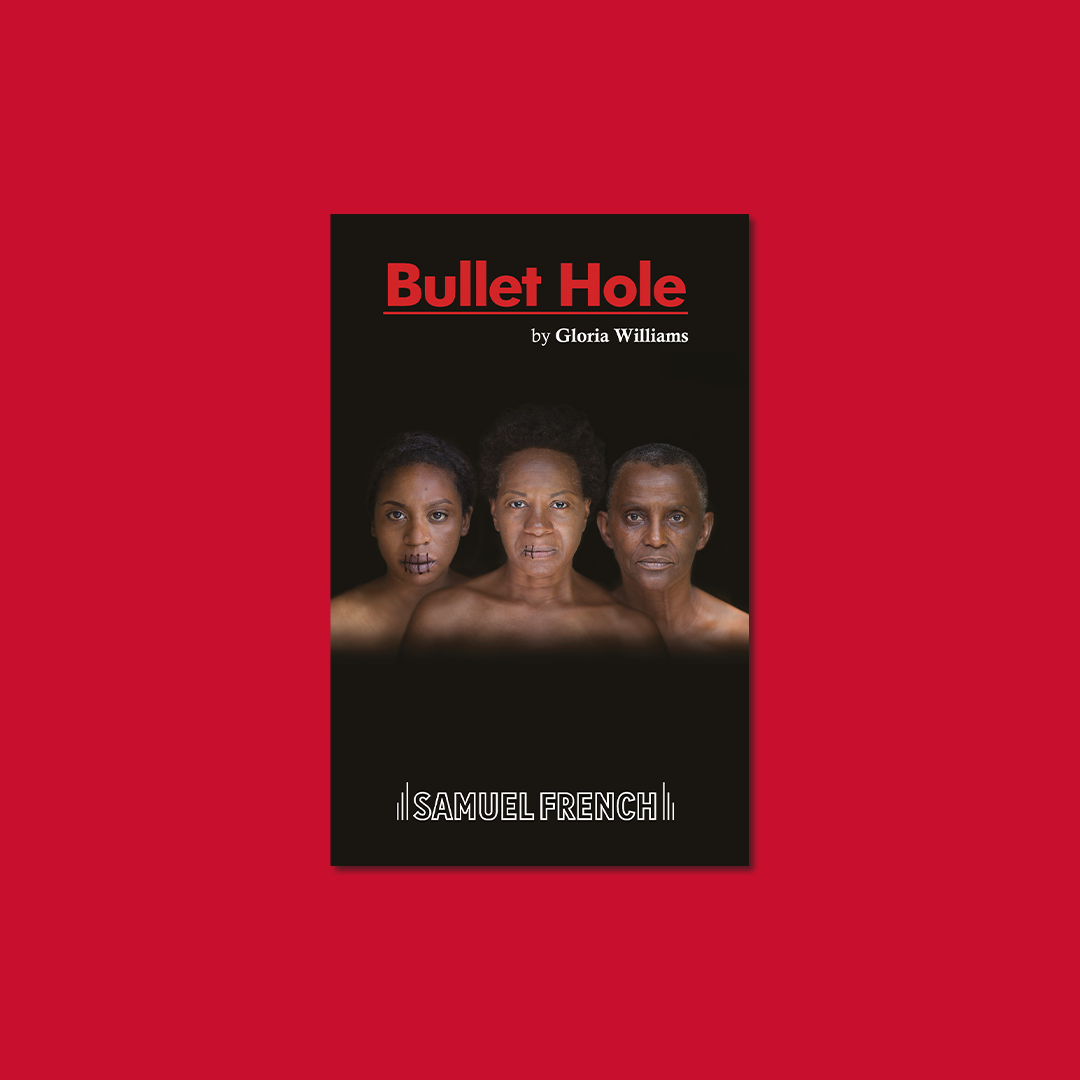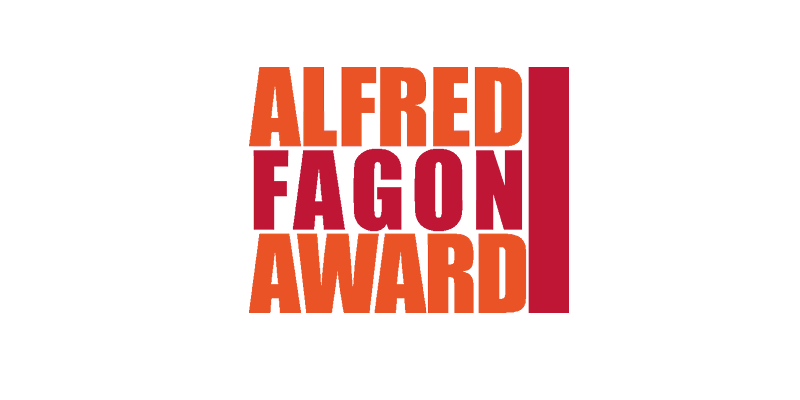
This year marks the 25th anniversary of the Alfred Fagon Award, which is the UK’s leading award for Black playwrights. To celebrate the extraordinary work that has been championed by the Award over the years, we caught up with some of our authors about what being affiliated with the Award means to them, and why it matters in the industry today.
…
Emma Dennis-Edwards (2020 Shortlist: BRICKS)
The Alfred Fagon Award is a landmark for Black British theatre-makers. The legacy of wonderful playwrights who have been recipients of the award makes me incredibly proud, and to be amongst the incredible writers nominated for this award is a career highlight.
Lorna French (2006 Winner: Safe House; 2016 Winner: City Melodies)
Winning the Alfred Fagon Award in 2006, whilst at university, was really encouraging and helped to cement my commitment to playwriting as a career. On both occasions, I felt honoured that my play was the winner of an award that commemorates a theatre pioneer like Alfred Fagon. It was also simultaneously humbling and joyous to feel like my work had a connection to a lineage of Black playwrights in Britain. It encouraged me to explore, learn from and gather strength from the plays of several of these writers who had come before, including Alfred Fagon.
Matilda Ibini (2015 Audience Award Winner: Muscovado)
Winning the Alfred Fagon Audience Award meant a lot because Muscovado was my first produced play and so it was really encouraging. It was the first writing award that I had won, so it will always hold a special place for me in my career. The journey to making Muscovado was unique to say the least, but it clarified for me that this is what I wanted to be doing. I think awards like the Alfred Fagon Award are great platforms for Black writers at any stage in their career, whether you’re just starting out or very experienced. It’s also great that the longlists and shortlists are made public because the reality is that there are so many incredible Black writers here in the UK whose work should be developed, supported and produced.
It’s not that there is a dearth of Black writers or storytellers in the UK, but there is a dearth of opportunities to tell our stories and it’s not due to a lack of skill or talent but because of racism and how pervasive it is in our everyday lives. Historically we have been intentionally excluded from so many industries and deprived of resources. But times are changing; change is inevitable and if you’re not willing to learn, unlearn, challenge yourself and those around you or adapt, then just make sure you keep quiet and keep out of the way. The Alfred Fagon Awards are a reminder there has always been a rich history of Black storytellers in the UK, we’ve always been here and found ways to get our stories out to audiences. And I often think what an honour it is to be inspired by Black storytellers of the past, to exist among Black storytellers today, and I’m so excited for the next generation of Black storytellers to come.
David Judge (2017 Shortlist: Sparkplug)
For me, the Alfred Fagon Award has meant a lot. Not only the recognition from within the industry for being shortlisted three times, but for also giving me a voice in a world where I never really felt I belonged. Coming from a walk of life that theatre rarely seems to penetrate and having no immediate Black heritage of my own, taking part in this Award has helped me to find my voice both as an artist and person.
Archie Maddocks (2017 Shortlist: A Place for We)
Firstly, it keeps the legacy and name of Alfred Fagon going, which I think is an important thing. It’s always good for people to know who has come before, and give homage to those who broke down doors so that people today could walk through.
Also, it’s an Award that any playwright from a Black background can recognise as one of the go to – it’s where our stories have a place to shine without explanation.
Mufaro Makubika (2017 Winner: Shebeen)
I won the Alfred Fagon Award for Best New Play in 2017 for my play Shebeen which focused on the lives of people of colour residing in St Ann’s, Nottingham in 1958, a time of great change and friction in British History. The play was produced by the Nottingham Playhouse and Theatre Royal Stratford East in 2018.
Winning the Award was a complete thrill and the highlight of my writing career so far. The Award is so important for the nurturing of the next generation of writers of colour in Britain and for me it did exactly that as it will continue to do so for many other.
Paula B Stanic (2008 Winner: What’s Lost)
I wrote my play What’s Lost in an angry rush in response to what I considered a politician’s careless comment. As well as its subject matter, I was particularly keen to create two detailed Black female roles. But each of its five characters are from a specific and personal place and I love them all. That the Alfred Fagon panel saw that something in the play was massive. It helped me believe I could be a writer and gave me a confidence that has sustained me since.
Whether a play wins, gets long- or shortlisted it’s a chance for Black playwrights at any stage to get that piece noticed. The Award was essential when it was created to recognise the work of Black British playwrights. I believe that’s still vital, particularly as it recognises the multitude of stories, characters, thoughts and experiences we want to illuminate.
Gloria Williams (2017 Audience Award Nominee: Bullet Hole)
The current landscape has really impacted the theatre industry, including some frustrated writers at home. However inspiration is the seed and the underpinning of storytelling so I’m sure these times have produced some great stories. The Award has impacted me to be proud of the narratives within the Black community and work harder to make sure they are told authentically.
Learn more about the Alfred Fagon Award.
Discover the wider work of previous winners and nominees of the Alfred Fagon Award.
The Alfred Fagon Award is supported by the Peggy Ramsay Foundation. Learn more about the Award.

Comedy Mysteries: Gasps, Laughs and Thrills

A Children’s Theatre Classic: An Interview with Snow White And The Seven Dwarfs Composer Michael Valenti


